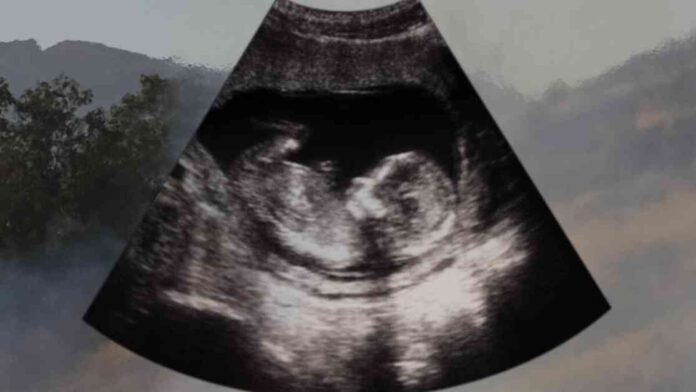Experts Warn Pregnant People in LA About Smoke Risks
Amidst the devastating fires ravaging Los Angeles County, medical experts are sounding the alarm for pregnant individuals. The area’s smoke levels pose unique risks to expectant mothers and their unborn children, making it crucial for them to take extra precautions to protect their health and the well-being of their babies.
Dr. Allison Bryant, a maternal fetal medicine specialist at Mass General Hospital, who chairs the American College of OB-GYN (ACOG) Committee on obstetric care practice, emphasizes the importance of following local emergency guidance around evacuation. Pregnant individuals in LA should stay updated on evacuation orders and adhere to them diligently to ensure their safety.
Emergency Preparedness Guidelines for Pregnant People
In addition to evacuation protocols, pregnant residents are advised to follow the Centers for Disease Control and Prevention (CDC) guidelines. These recommendations include staying indoors as much as possible with windows and doors closed, using HVAC systems with filters or portable air purifiers, and wearing N95 masks when outdoor exposure is unavoidable.
Maintaining regular prenatal care appointments is crucial, and pregnant individuals should update their delivery plans if evacuation becomes necessary. Emergency preparedness is key, with the CDC advising pregnant people to have a seven- to 10-day supply of prescription medicines and prenatal vitamins ready in case of evacuation.
Unique Vulnerabilities of Pregnant Individuals
Pregnancy itself makes individuals more physically vulnerable to environmental hazards like smoke and air pollution. Changes in breathing patterns, heart function, and mucus membranes during pregnancy can intensify the effects of smoke exposure, leading to more severe symptoms than non-pregnant individuals may experience.
Dr. Joseph Ouzounian, chair of obstetrics and gynecology at USC’s Keck School of Medicine, highlights the increased respiratory challenges pregnant people face due to the demands of supporting two lives. While short-term exposure to smoke may not be dangerous with proper precautions, prolonged exposure could impact fetal development.
Considerations for Temporary Relocation
With air quality concerns persisting and winds expected to intensify, some pregnant individuals may need to consider temporary relocation to areas with better air quality. Dr. Christina Han from UCLA’s David Geffen School of Medicine advises patients to consult their OB-GYN before relocating and emphasizes the importance of wearing N95 masks for protection.
While the effects of wildfire exposure on pregnancy are not definitively known, following simple precautions like wearing masks can significantly reduce risks. The shared decision-making process between patients and their doctors plays a critical role in determining the best course of action for pregnant individuals facing evacuation and air quality challenges.






















